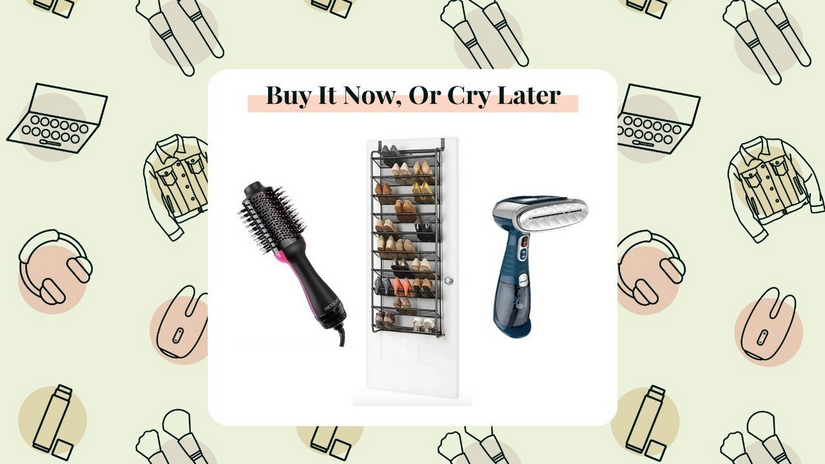Oh…you don’t have a Dyson Airwrap? You don’t wake up at 5 am every day? You don’t have big lips, big tits or a skinny waist? A first-class degree, an impressive job, go to the gym 5 times a week, endless money, a Heat by Fenty lip-gloss, a thousand Jellycats and a Prêt subscription?
You should feel ashamed for not being able to acquire such seemingly achievable things. Even if you do achieve one of your goals, you should not take the time to celebrate yourself. Think about all the other things other people are doing. And you… well you haven’t done those things, have you? Dwell on that. Dwell endlessly and never be satisfied with what you have achieved. Consume and consume and compare and consume. Fix and fix and never be fixed.
Psychological consequences of consumerist culture
Chaplin et al (2014) found that lower-income young children and adolescents are more vulnerable to suffering from the damaging effects of markets. Higher levels of materialism are associated with lower self-esteem in teenagers. They additionally found that materialist attitudes are more common amongst lower-income teenagers with lower self-esteem than for their higher-income peers.
Producing and maintaining feelings of inadequacy, dissatisfaction and anxiety is what drives consumption, according to sociologist Zygmunt Bauman. The lower-income teenagers felt less accomplished which fed into their lower self-esteem, increasing their materialism.
However, usually instead of attributing these negative feelings towards society, people tend to look inward. ‘Fixing’ themselves to meet the standards of society rather than challenging why they feel they need to make these changes to themselves or lifestyle.
Psychology can sometimes over-individualise social problems. This can result in victim-blaming people for their consumption rather than the corporations responsible.
No ‘one-size-fits-all’ approach to mental health
A main criticism of consumerist culture is that it pushes one idea of success. The idea that success is measured by money, status, property and objects. However, having extrinsic motivations rather than intrinsic motivations in life leads to lower wellbeing, less satisfaction and undesirable personality characteristics. It also pushes one idea of a perfect state of mental health that everyone needs to aspire to. Yet in reality, the idea of a “perfect state of mental health” should be considered on an individual level, just as success should be.
Binary models of mental disorder diagnosis do not record the disparity of symptoms or severity of the mental health problem. Mental illnesses are a spectrum which is not considered in these models. This leads to people being given inappropriate treatments.
Through the diagnostic approach, people can share many symptoms but receive different diagnoses. People who meet the criteria for one disorder often meet the criteria for another. Two people can be diagnosed with the same mental illness despite having none, or few symptoms in common and will be given similar treatment (Dalgleish et al., 2020). But will be given a ‘one-size-fits-all’ treatment.
Treatments need to be more person-centred: taking into account what matters most to the patient, as well as their medical history and personal symptoms.
Moving away from norms
Individualism needs to be more valued and considered by both society and the self. It needs to be considered in treatment of mental illnesses, people’s general well-being and in consumer choices.
Consumerism relies on people wanting to be like everyone else. Having a fear of missing out, therefore having to constantly keep up with trends. This can be draining and does not lead to fulfilment if the products you are buying are quickly outdated.
Consider what makes you happy, what products add to your wellbeing and what success looks like to you. Embracing what makes you unique will lead to more self-assurance, confidence and authenticity. Not fitting into society’s standards does not necessarily mean that there is something ‘wrong’ with you, so challenge these thoughts rather than being unkind to yourself.
Here’s some references if you want to read more:
https://journals.sagepub.com/doi/10.1509/jppm.13.050


